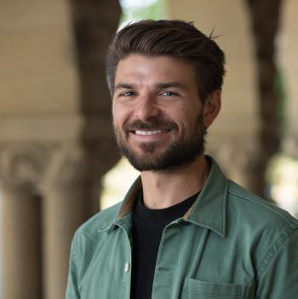Playing Pandora: How Humans Can Work with Artifical Intelligence to Deliver the Best Possible Emergency Care (Informatics and Data Sciences IG)
Playing Pandora: How Humans Can Work With Artificial Intelligence to Deliver the Best Possible Emergency Care (Informatics and Data Science Interest Group Sponsored) The paradigm shift towards integrating Artificial Intelligence (AI) in healthcare is paving the way for a new era in emergency care, significantly impacting decision-making, patient outcomes, and overall efficiency. However, the union of human intelligence with AI raises critical questions surrounding best practices, ethics, and training. This panel discussion aims to delve into the multifaceted dimensions of this integration in emergency settings.
We have curated a distinguished panel of academicians, practitioners, and AI ethics experts who will present a range of perspectives based on real-world experiences and emerging research. Through an engaging dialogue, the panel will explore the optimum collaboration between humans and AI, addressing challenges, showcasing successful models, and elucidating the essential competencies for emergency medicine practitioners in the evolving landscape. Attendees will walk away with a deeper understanding of the dynamics of AI in emergency care, actionable insights for fostering a collaborative environment, and a clear roadmap to navigate the ethical and operational intricacies.
Presenters:
- Carl Preiksaitis, MD
- Christian Rose, MD
- Gabrielle Bunney, MD
- Kamna S. Balhara, MD, MA



